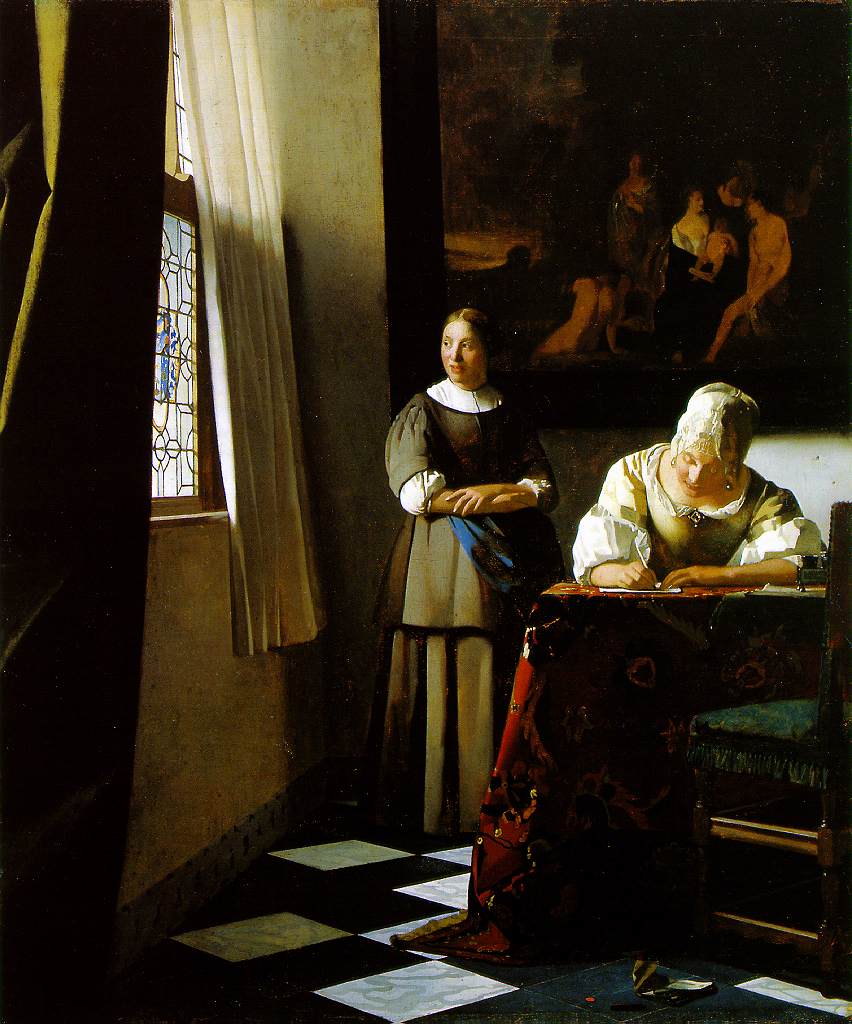To prepare students for college writing, by teaching them to think, to analyze, to critique, to present their opinions on virtually any subject remains the objective of composition courses. Toward this end, the department of English & Philosophy has guidelines for English Composition courses, which you'll find listed at http://www.clt.astate.edu/composition. Given and within those guidelines, for my English Composition 1 classes I ask that students write at least 7 essays, with the majority of those as argument papers.
An argument paper represents one's opinions, whether trivial or important, and offers proof as to why he or she believes the idea to be valid. All of us have heard the phrase, "we all have a right to our opinions," which isn't true. That's like saying "we all have a right to be ignorant," which represents a fact, not evidence and certainly not "opinion" in the truest sense of the word. Opinion really means "informed judgment," because without the necessary information to support our ideas, and the means for so doing, all we have is prejudice.
When someone reads your essay, it represents how you think, why you believe what you do, and it reflects on your abilities to articulate your thoughts. Therefore, an attendant idea to the argument includes techniques for best representing your ideas or for convincing others to see things as you do. These techniques include logic, rhetorical devices, and even grammar and sentence structure. We admire people who speak well, who have convincing reasons for what they believe (even should we disagree), and even avoid arguing with them because they invariably win or have better information than do we. Writing works the same way: you need not convince someone %100 of your belief; 51% represents a successful argument, with the added percentages a bonus to your position.
I attempt to vary the "theme" of each course; for instance, we may focus on the art of cinema, arguing why a film "works" and on what level (the acting, direction, atmosphere, etc.), while in other classes we may read newspaper editorials on events of the day, or use a weekly news-magazine, literature, or a combination of many things. But the point remains that in any given area, students should be able to express informed judgment by analyzing and critiquing material--learning how to focus on a particular, argue and prove a point, and to organize one's thoughts as to best persuade someone of the writer's thinking.
You'll find that professors express the above in many ways, whether persuasion, argument, critique, etc.; however, the point remains that good writing teaching you to consider, have an informed judgment, and then know best how to express those ideas by means of one, strong statement, which one then expands upon in order to prove its value.
I'll be working on this site during the fall of the 2006 school year. The site will include helpful exercises, a concise overview of grammar, sentence structure, stylistic advice, mechanics, and obviously a great deal on the content, organization, and thought-processes that should accompany all writing.
As well, the emphases will focus on the argument / criticism paper almost exclusively, with a few exceptions, which you may find at other locations on this website. Sample papers and the stages of revision will also be found here, as well as references to the sample papers listed under Classes --" Sample Essays."
To go there now, click here

